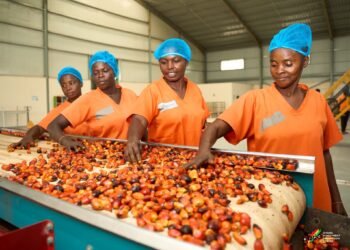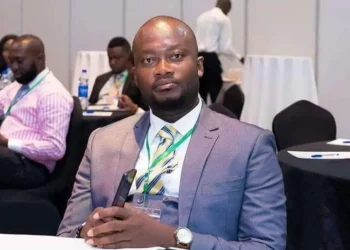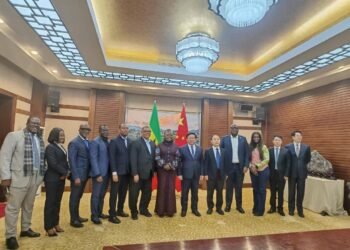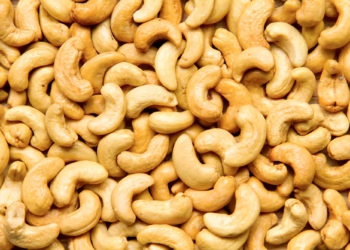Solidaridad, Fairfood, TrustAfrica and Business Watch Indonesia (BWI) have launched a new joint programme, “RECLAIM SUSTAINABILITY!”, which is meant to foster genuine and inclusive sustainability in global value chains, where the voices of farmers, miners, workers and citizens are well represented in decision making, and civil societies are strengthened.
This five-year programme (2021-2025) will be implemented in strategic partnership with the Dutch Ministry of Foreign Affairs, which will provide the financial support for the programmes worldwide (a total of 53.7 million euros). The “RECLAIM SUSTAINABILITY!” programme will be implemented in the following countries: Ghana, Sierra Leone, Ivory Coast, Zambia, Malawi, Mozambique, Kenya, Uganda, Ethiopia, Egypt, China, India, Bangladesh, Indonesia, Honduras, Colombia, Peru, and the Netherlands.
In recent years, sustainability has become something of a weasel word in the multinational supply chains, the media and consumer marketing, as the desired results have not yet been achieved. There can be no genuine sustainability when the people who produce the products consumed by us all continue to live in poverty; when natural resources are not managed sustainably, civic space in many countries is limited and the working conditions of millions of producers are poor. The global COVID-19 pandemic has further exacerbated the situation of millions of people worldwide.
“The pandemic is magnifying existing inequalities in food supply chains. While we are all highly dependent on smallholder farmers and workers for our food, they find themselves in exceptionally vulnerable positions.
“With greatly improved awareness for sustainability from everyone involved in global supply chains – consumers, government and private sector – we can make change happen. Our joint programme taps into this momentum using smart innovations, thus heralding an era of truly inclusive supply chains, in which farmers and workers reclaim their rightful voice.”
Sander de Jong, Fairfood
With the severity of these persisting challenges and the fact that farmers, miners and workers are key players in tackling major challenges such as poverty and climate change, it is imperative to foster genuine and inclusive sustainability. The new “RECLAIM SUSTAINABILITY!” programme will focus on essential thematic areas such as sustainable use of natural resources, decent work, fair value distribution, sustainable consumption, and gender and social inclusion.
“For us in West Africa, we are really upbeat about the RS programme as it promises to create the ambience for us to work cooperatively with other stakeholders in order to elevate the position of farmers and other producers, so they are heard among the first, and have a significant share in the value created by 2025.”
Isaac Gyamfi, Solidaridad West Africa
The “RECLAIM SUSTAINABILITY!” programme will strive to tackle the competing issues related to ensuring sustainable supply chains and creating opportunities for sustainable livelihoods. The value chains of cocoa, coffee, tea, palm oil, cotton & textiles, and gold will be the focus in Africa. The Theory of Change of the programme includes three impact pathways namely: accelerate disruptive innovations, advocate through inclusive dialogue, and amplify the voice of citizenry.
The programme seeks to optimize the bargaining position of farmers and workers in the supply chain through supply chain innovations, e.g., digital tools and new ownership models, with a focus on gender and social inclusion; influence the policy agenda and develop evidence-based solutions to address socio-economic and environmental shortcomings in trade and value chains; and to mobilize, activate and engage citizens and civil society organizations to change norms and influence the policy agenda.
Read also: COFI explores sustainable future for Global Fisheries & Aquaculture Industry























